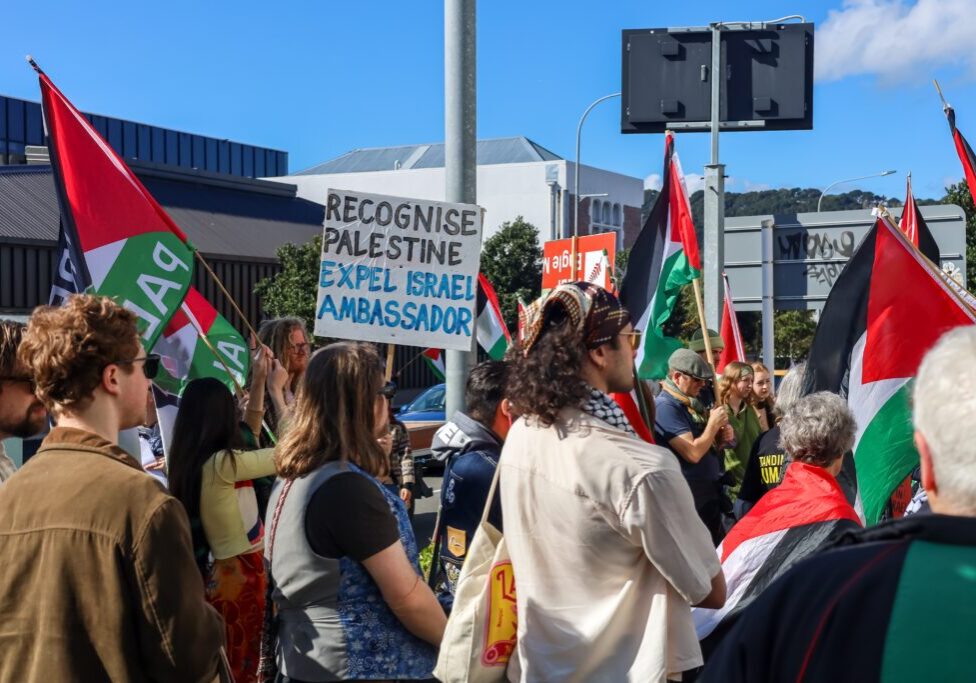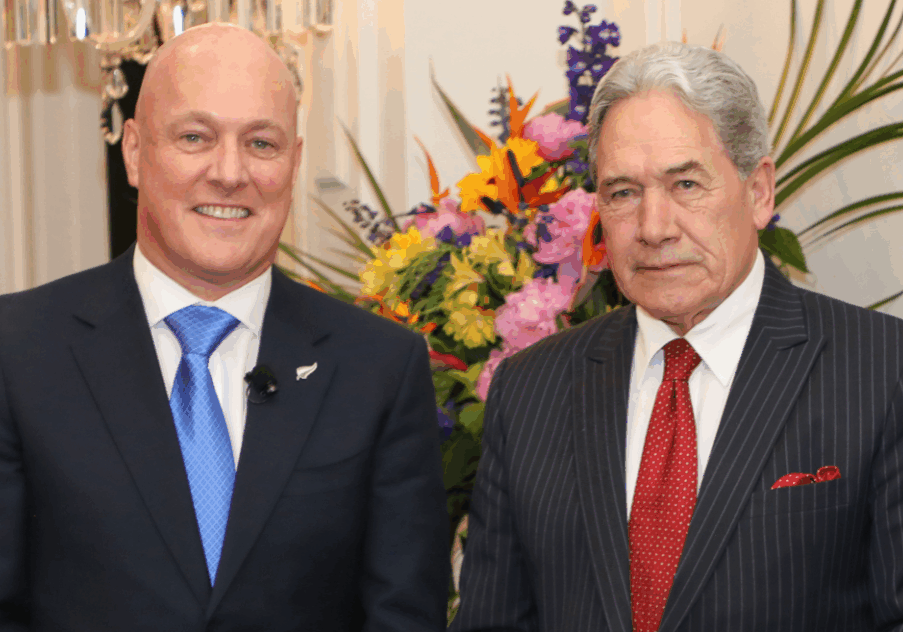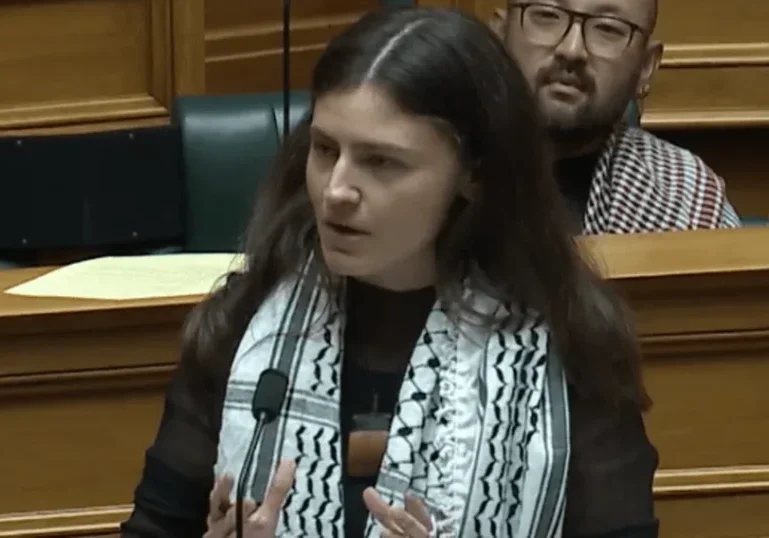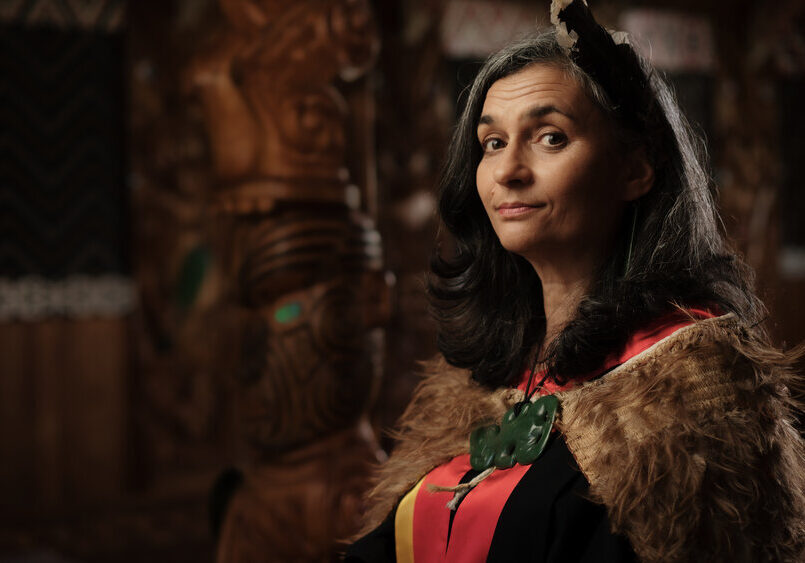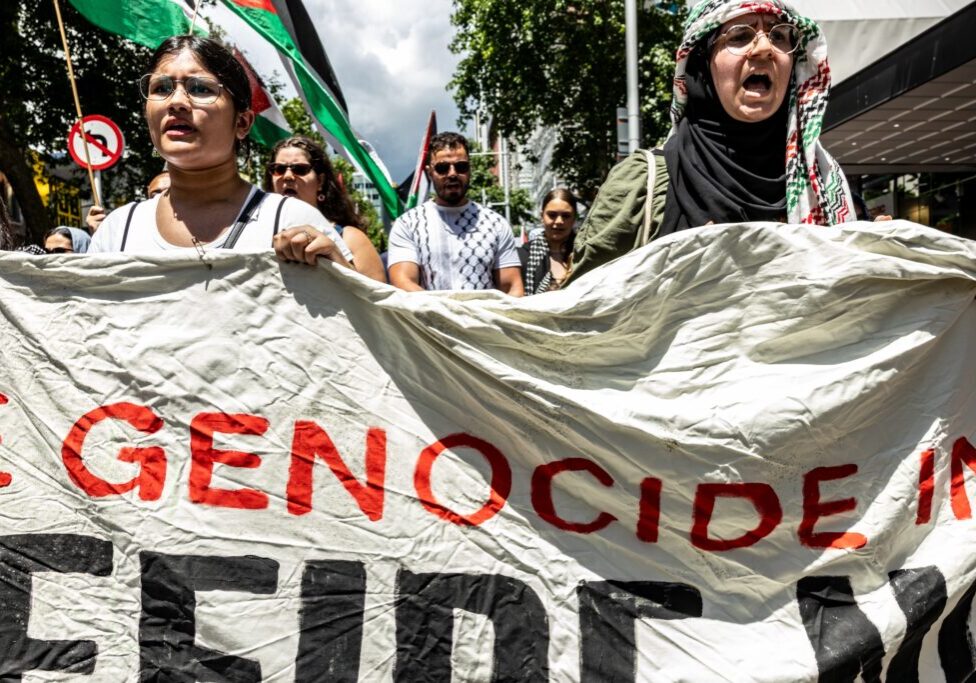Australia/Israel Review
AIR New Zealand: Mahuta takes Foreign Affairs reins
Dec 21, 2020 | Miriam Bell
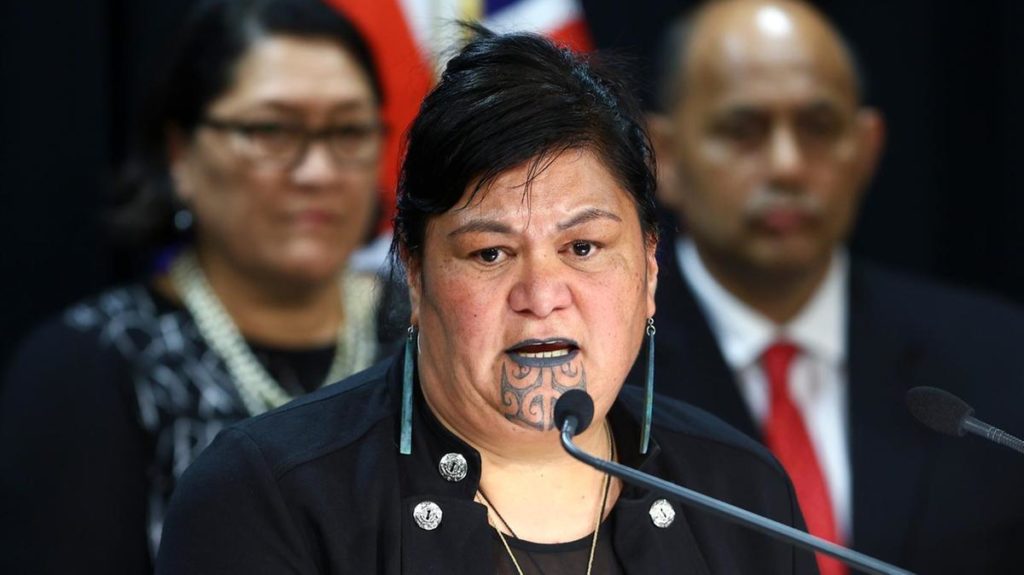
After the New Zealand Labour Party’s landslide re-election in October, the country is currently seeing a reshuffling of the deck, rather than a changing of the guard. There have been significant changes to the make-up of Parliament and some new faces in key ministerial roles.
Labour’s outright majority meant there was no need for it to include the Green Party in its governing arrangement, despite the Greens’ strong showing in the election. However, perhaps with an eye to the future, Labour has entered into a cooperation arrangement with the Greens.
The Green Party co-leaders, James Shaw, who recently condemned the anti-Israel Boycott, Divestment and Sanctions (BDS) movement, and Marama Davidson, an anti-Israel activist who joined a Gaza-bound flotilla in 2016, will both get non-cabinet portfolios. However, these portfolios are not likely to have direct relevance to New Zealand Jewish affairs.
A more notable change comes as a result of New Zealand First’s failure to achieve the 5% threshold necessary to get into Parliament. That means the party’s leader, Winston Peters – New Zealand’s longest-serving MP and foreign minister in the previous Labour government – is now out of Parliament.
Prime Minister Jacinda Ardern’s appointment to replace Peters as foreign minister came as a surprise to many – long-standing Labour Party MP Nanaia Mahuta.
A Labour MP since 1996, Mahuta was Labour Minister in one of Helen Clark’s governments and served as Local Government and Maori Development Minister in the Ardern Government’s first term.
Much attention has been focussed on the fact that not only is Mahuta the first woman to become New Zealand’s foreign minister, she is also the first Maori woman. Mahuta, who has a kauae moko (a traditional Maori facial tattoo), is seen as presenting a distinctively New Zealand, and proudly Maori, face to the world.
Her appointment is more than just a statement though. According to Newsroom political editor Sam Sachdeva:
“As both the Maori Development Minister and Associate Trade and Export Growth Minister in the last term of Parliament, Mahuta worked to grow the Maori economy through indigenous partnerships with other nations, while she won praise for her low-key but deft relationship-building in the local government portfolio.”
Not much is known about Mahuta’s views on matters relating to Israel and the Middle East, but Israel Institute of New Zealand co-director Ashley Church said that, at this early stage, she seems to be taking a balanced approach to her portfolio.
“I’ve been told that she is balanced in her position on policies and the way she is going about things. She is keeping her cards close to her chest and doesn’t appear to be making assumptions about any foreign policy issues until she has better information on the issues involved.”
Church said this could be a good sign – especially as long-standing local anti-Israel activist John Minto has already started directing missives to the new minister demanding that New Zealand adopt his strongly pro-Palestinian stance.
“The real problem is [the Ministry of Foreign Affairs and Trade’s] influence on the policy of successive governments towards Israel and also on New Zealand’s voting pattern on Israel at the United Nations,” Church said. “To address this, we need a foreign minister who is an independent thinker to ask ‘why are we doing this and is it really the best approach?’ Maybe that person is Nanaia Mahuta.”
The NZ Jewish Council is also optimistic about Mahuta’s potential as foreign minister. The Council’s spokesperson, Juliet Moses, said it is looking forward to meeting her and developing a positive relationship with her. “As an indigenous person, we believe she will understand and respect the importance of Israel to our community and our connection to it, as our ancestral homeland.”
Another new appointment relevant to New Zealand’s Jewish community is the new Minister for Diversity, Inclusion and Ethnic Communities, Priyanca Radhakrishnan. She was the Parliamentary Private Secretary for Ethnic Affairs before the election.
Moses said the NZ Jewish Council had a good relationship with her predecessor Jenny Salesa and is looking forward to building on those foundations with Radhakrishnan. “She attended the Auckland Hebrew Congregation synagogue for Rosh Hashanah last year and I sat next to her… she was very interested in the service and community.”
However, while these two key ministerial appointments have been greeted favourably, the community does have some concerns regarding certain other MPs.
Church points out that alongside Marama Davidson, Golriz Ghahraman, the Green Party’s foreign affairs spokesperson, is also vociferously pro-Palestinian, while Labour MP Duncan Webb, a vocal BDS supporter, remains in Parliament.
Ghahraman was joined at a recent Palestinian solidarity event by two other new MPs – the Greens’ Teanau Tuiono, and Labour’s Ibrahim Omer, an Eritrean refugee who spent many years working in UN refugee camps.
All three MPs took a pledge to form a new parliamentary Palestine friendship group and to “raise the voices of Palestinian people in New Zealand’s parliament.”
This scenario suggests that the new ministers, particularly Mahuta, will come under concerted pressure from pro-Palestinian activists both inside and outside of Parliament. How these ministers respond could have a considerable impact on the New Zealand-Israel relationship going forward.
Tags: New Zealand

